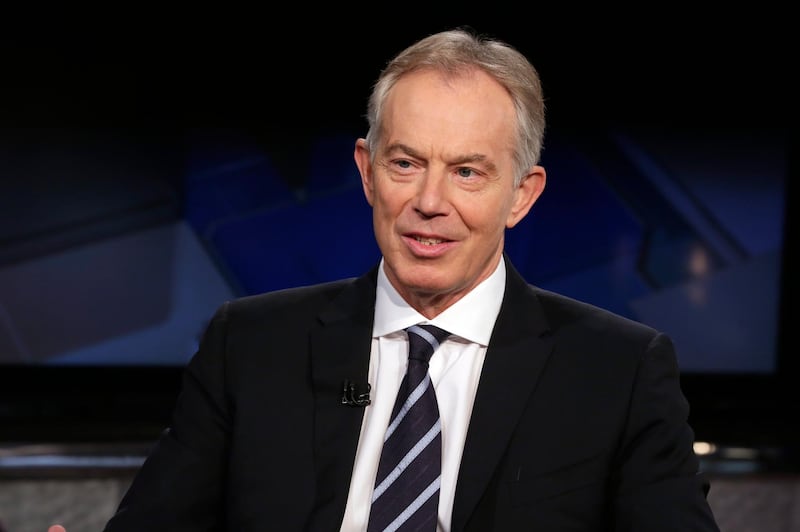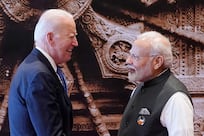Today, no responsible newspaper or broadcaster would give the oxygen of publicity to radical Islamist extremists preaching messages of hate – and rightly so. And yet, as a powerful new paper from the institute of former British prime minister Tony Blair makes clear, all too often the voices of far-right extremism are finding a platform across mainstream news outlets and on social media. The report, called Narratives of Hate, is not uncontroversial. There is, as former British home secretary Jacqui Smith notes in her foreword, a "delicate balance" to be struck between freedom of speech and protection from hate-fuelled violence. But as chair of the foundation set up in the memory of Jo Cox, the British MP murdered in 2016 by a right-wing extremist with links to an American neo-Nazi group, Ms Smith is all too aware of how unfettered hate speech can trigger acts of violence.
The report from the Tony Blair Institute argues that, while governments have acted against far-right violence, the time has come to preempt it by legislating to gag the voices preaching hate. This works both ways, of course. Until he was jailed in 2016 for supporting ISIS, the extremist preacher Anjem Choudhry was for many years the British media's go-to spokesperson on Islamic issues, even though his views were utterly unrepresentative of the vast majority of Muslims in the country. But now in Britain a growing chorus of far-right voices – on a spectrum ranging from the overt racism of the anti-Islamist Tommy Robinson, currently serving a prison sentence for contempt of court, to the views of Nigel Farage – are regularly being aired. Mr Farage, who traded on fabricated immigration fears to win support for Brexit, has ridden the wave of right-wing extremism to the point where his Brexit Party now poses a serious electoral threat to Britain's traditional, more centrist political groups.
Mr Blair's institute has highlighted the activities of four shadowy British organisations, all connected with other European far-right groups. All claim to represent "ordinary" Britons and their message is increasingly creeping into the mainstream, "whether through appearances on mass media or through political parties directly targeting their support base". Their poisonous message must no longer be allowed to corrupt public debate. The rising number of deadly far-right attacks, targeting everyone from Muslims in Europe to Hispanic communities in America, has provided ample evidence that gullible or vulnerable individuals who feel marginalised in the modern world are easily tipped over into racist violence by the falsehoods peddled by white supremacists.
It is clear that western societies face an unprecedented ideological challenge to which they must respond urgently. If they do not, they risk seeing their political institutions hijacked by an ideology that could prove as dangerous for the West as Islamic extremism has for the Middle East.





